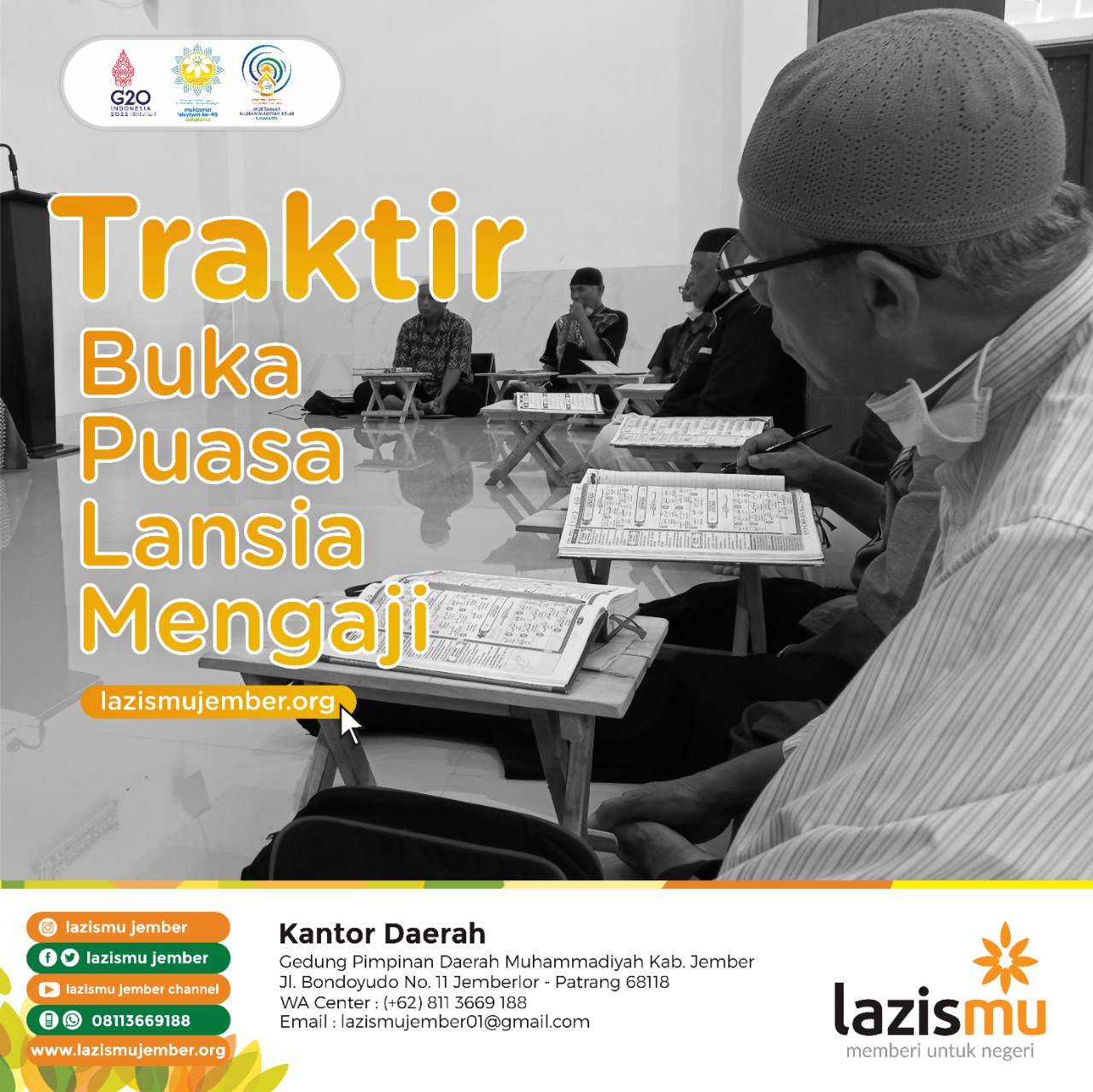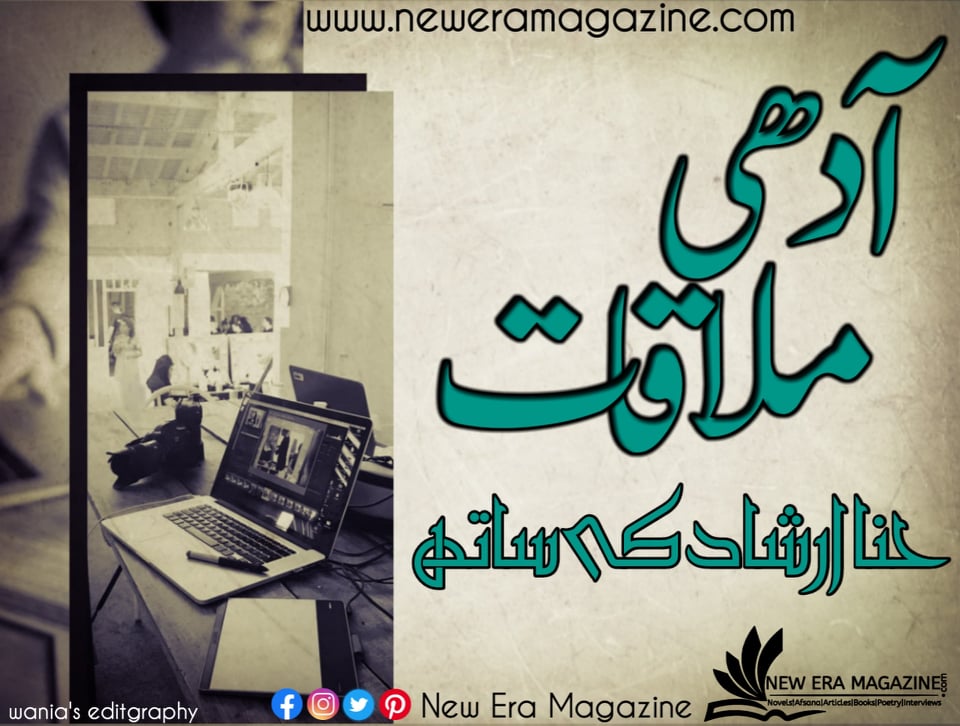Preventing Academic Dishonesty Through Correct Citation
Academic integrity is the cornerstone of respectable research. Fundamentally, it is about giving credit to the original thinkers. Academic dishonesty, the offense of appropriating another author’s words omitting meticulous acknowledgment, undermines this basic tenet. However, ensuring against this serious offense is straightforward through a consistent practice of correct referencing methods.
Understanding Plagiarism
Academic dishonesty can be more than a intentional copying and pasting. It often is accidental and results from sloppy note-taking. Typical manifestations involve: copying sentences without quotation marks, poor paraphrasing where words are changed but the core phrasing is kept too close, and incorporating data found in research without acknowledge it. Identifying these myriad faces is the essential step toward academic honesty.
The Power of Proper Paraphrasing
Correct restating is a key tool for using sources into your own work. However, it demands going beyond just substituting synonyms. To restate correctly, you must completely comprehend the source material, set aside the author’s words, and express that idea in your own voice and syntax. This process demonstrates your grasp of the source and allows you to smoothly incorporate evidence into your narrative. Although restating, you are still required to provide a reference to the source.

The Critical Act of Referencing
Source attribution is the academic method of giving credit to the original creators of concepts you reference. This goes beyond just a formality; it is a conversation with existing research. By citing, you are building upon the established scholarship and creating a trail for your audience to delve deeper. There are many referencing formats (APA), so it is essential to consistently apply the specified guide for your course in every citation.

Cultivating Excellent Research Habits
Ensuring against academic dishonesty is simplest when you integrate strong habits from the outset of your IGNOU project topics (Main Page).
- Organized Note-Taking: While reading sources, always explicitly separate between verbatim text (which you should note with quotes) and your summary.
- Keep a Bibliography: Maintain a document to record every single publication details for every source so you don’t have to frantic search later.
- When Uncertain, Reference: It is preferable to include a reference even if unsure whether it is needed. Additional referencing is never a problem, but a missing citation constitutes plagiarism.
- Use Software: Consider using bibliographic software like EndNote to organize your citations and format citations automatically.
Final Thoughts
Therefore, ensuring against plagiarism is about respecting for the academic community and for your own work. Mastering the skill of correct rewording and attribution is not a pointless exercise but an integral part of academic success. It helps you contribute to the world of ideas honestly, securely building your arguments upon the research of others while unmistakably acknowledging their contribution. Implement these strategies the standard of your scholarly work.


 by lesliewolfgang5
by lesliewolfgang5